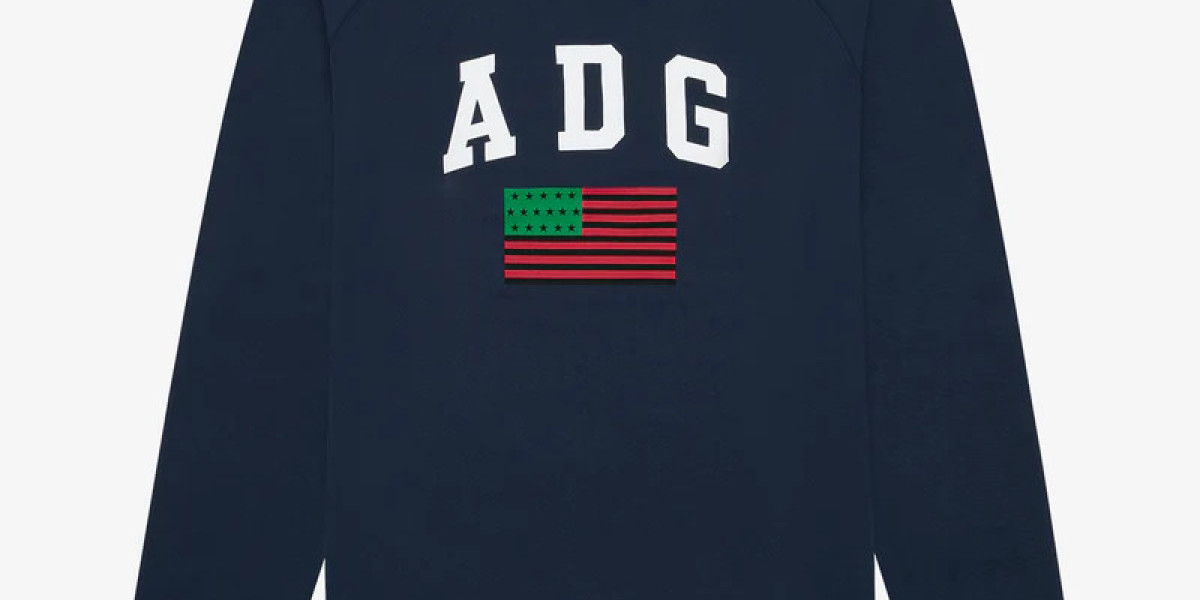Fashion is a powerful medium for self-expression, and throughout history, it has often been used as a platform to communicate societal issues and cultural narratives. One brand that has made a profound impact in this regard is Denim Tears. Founded by Tremaine Emory, a designer known for his deep connection to the African-American experience, Denim Tears blends streetwear with social activism, making it one of the most culturally significant brands in contemporary fashion. The brand's focus on storytelling, particularly with regards to Black history, and its ability to use fashion as a tool for cultural commentary has made it a standout in the crowded world of streetwear and high fashion.
This article explores the origins, designs, cultural impact, and the lasting influence of Denim Tears, a brand that has reshaped the way fashion communicates with the world. From its powerful tributes to Black heritage to collaborations with global fashion icons, Denim Tears has become much more than just a clothing line—it's a movement.
The Birth of Denim Tears
Denim Tears was created by Tremaine Emory in 2019. Emory, a seasoned creative director, stylist, and designer, had worked in the fashion industry for years before launching his own brand. His background includes significant contributions to Supreme, Stüssy, and his own creative agency, No Vacancy Inn, a cultural hub that celebrated art, music, and fashion. His extensive experience within streetwear culture, combined with his understanding of the history and struggles of the African-American community, helped shape the vision behind Denim Tears.
Emory’s brand is rooted in his desire to use fashion to tell stories of cultural significance. The name “Denim Tears” itself speaks volumes—denim is a fabric that has long been associated with the working class, labor, and American heritage, while the word “tears” hints at the painful legacy of Black Americans, whose labor has been historically exploited, particularly in the context of cotton fields and plantations. Denim Tears, therefore, becomes not only a brand but a tribute to the struggles and resilience of African-Americans throughout history.
Cultural Significance and Symbolism in Designs
The core ethos of Denim Tears lies in its ability to merge fashion with cultural commentary. At the heart of the brand’s collections is a deliberate effort to address themes of race, heritage, and history through its designs. One of the most powerful examples of this is Denim Tears’ “Lynching” collection, which debuted in 2020.
This collection featured designs incorporating the cotton plant, a symbol historically tied to the forced labor of enslaved Africans on plantations. The use of cotton in Denim Tears' designs is not just an aesthetic choice; it is a deliberate symbol of the trauma that Black people experienced in America. The cotton plant represents the violent and painful history of slavery and the exploitation of Black labor that built the wealth of America. By using denim, a fabric often associated with the working class, as the canvas for this historical reflection, Emory makes a poignant statement about the continuing legacy of Black labor and the struggle for recognition and equity.
In addition to the cotton motif, Denim Tears has produced t-shirts, jackets, and other pieces that carry subtle but powerful statements about Black identity and history. Through each piece, the brand seeks to open up a dialogue about the continuing impact of slavery and systemic racism, while also celebrating the resilience and beauty of African-American culture.
Denim Tears and Collaborations
One of the driving forces behind the success of Denim Tears is its ability to partner with some of the biggest names in fashion, helping elevate the brand to international recognition. The collaborations between Denim Tears and other industry giants have allowed Emory’s message to reach a wider audience while also cementing the brand's status as a cultural force.
One of the most significant collaborations for Denim Tears came in 2020, when Emory partnered with Virgil Abloh, the late artistic director of Louis Vuitton's men's division and the founder of Off-White. Abloh, known for his ability to blend art, culture, and fashion, helped amplify the message behind Denim Tears, particularly through his own influence in high fashion and street culture. The collaboration between Emory and Abloh resulted in a collection that combined Abloh’s signature approach to fashion with Denim Tears’ powerful storytelling.
The collaboration between Denim Tears and Levi’s is another key moment in the brand’s rise to prominence. Known for its iconic denim jackets and jeans, Levi’s partnered with Emory to reimagine classic denim pieces with cultural significance. The collection used Denim Tears' cotton imagery and other symbolic references to Black heritage. The collaboration not only honored the history of denim but also highlighted the brand’s commitment to bringing awareness to the legacies of slavery and the struggles faced by African-Americans in the United States. It also showcased Denim Tears’ ability to bridge the gap between streetwear and luxury fashion, a theme Emory has consistently explored.
These high-profile collaborations with Abloh and Levi’s served to amplify Denim Tears’ presence in global fashion markets, helping the brand solidify its status as more than just another streetwear label. These partnerships also allowed the brand to become a beacon of cultural awareness, as it remained steadfast in its commitment to highlighting Black history and the ongoing fight for justice.
Denim Tears’ Role in Fashion and Activism
Denim Tears occupies a unique space in the fashion world. While many brands use fashion simply to sell products, Denim Tears uses its platform to provoke thought and inspire change. The brand’s designs consistently engage with issues of race, heritage, and identity, encouraging the fashion world to engage in conversations about cultural appropriation, racial justice, and the role of fashion in perpetuating or challenging societal norms.
In a broader context, Denim Tears’ approach to fashion is part of a growing movement in the industry where designers and brands are using their influence to address social issues. Over the past decade, fashion has increasingly been recognized as a tool for activism, and Denim Tears has positioned itself at the forefront of this movement. Through collections that reference painful moments in history, such as slavery and lynching, Emory ensures that the conversation about Black rights, labor, and history is kept alive, especially in a world that often seeks to erase or ignore these narratives.
The collaboration between Denim Tears and Virgil Abloh, for example, represents a direct challenge to the traditional fashion establishment. Abloh, who became one of the first Black creative directors at a major French luxury brand (Louis Vuitton), used his platform to uplift and support fellow Black designers like Emory. This solidarity and mentorship represent an important shift in the fashion industry, where Black designers are not only challenging the status quo but also creating space for others to do the same.
Denim Tears: The Future of Fashion
As Denim Tears continues to grow, it remains firmly committed to its cultural roots. The brand is a testament to the power of fashion to tell stories, address social issues, and create lasting change. Denim Tears has already achieved global recognition, but Emory’s vision goes beyond the world of high fashion. The brand’s commitment to using fashion as a vehicle for social change and cultural reflection ensures that its message will resonate for years to come.
Denim Tears’ future is poised to continue blending streetwear with cultural activism, addressing both personal and collective histories. The brand has set the standard for how fashion can engage with critical social and political issues, while still maintaining a high level of style and aesthetic appeal. Through its thoughtful designs and partnerships, Denim Tears has already begun to shape the future of fashion, one that acknowledges the past while working toward a more just and inclusive future.
Conclusion
Denim Tears is a revolutionary brand that combines fashion with cultural consciousness, using clothing as a platform to address the most pressing social issues of our time. Through its powerful designs, collaborations, and commitment to social activism, Denim Tears has established itself as a key player in the fashion industry and a symbol of Black empowerment and resilience. Tremaine Emory’s vision for Denim Tears is more than just a business venture—it is a movement, one that celebrates the strength of Black culture while also demanding justice for the generations of African-Americans who have fought for equality. The brand’s legacy will undoubtedly continue to inspire and challenge future generations of designers, making Denim Tears a lasting force in the world of fashion and beyond.








